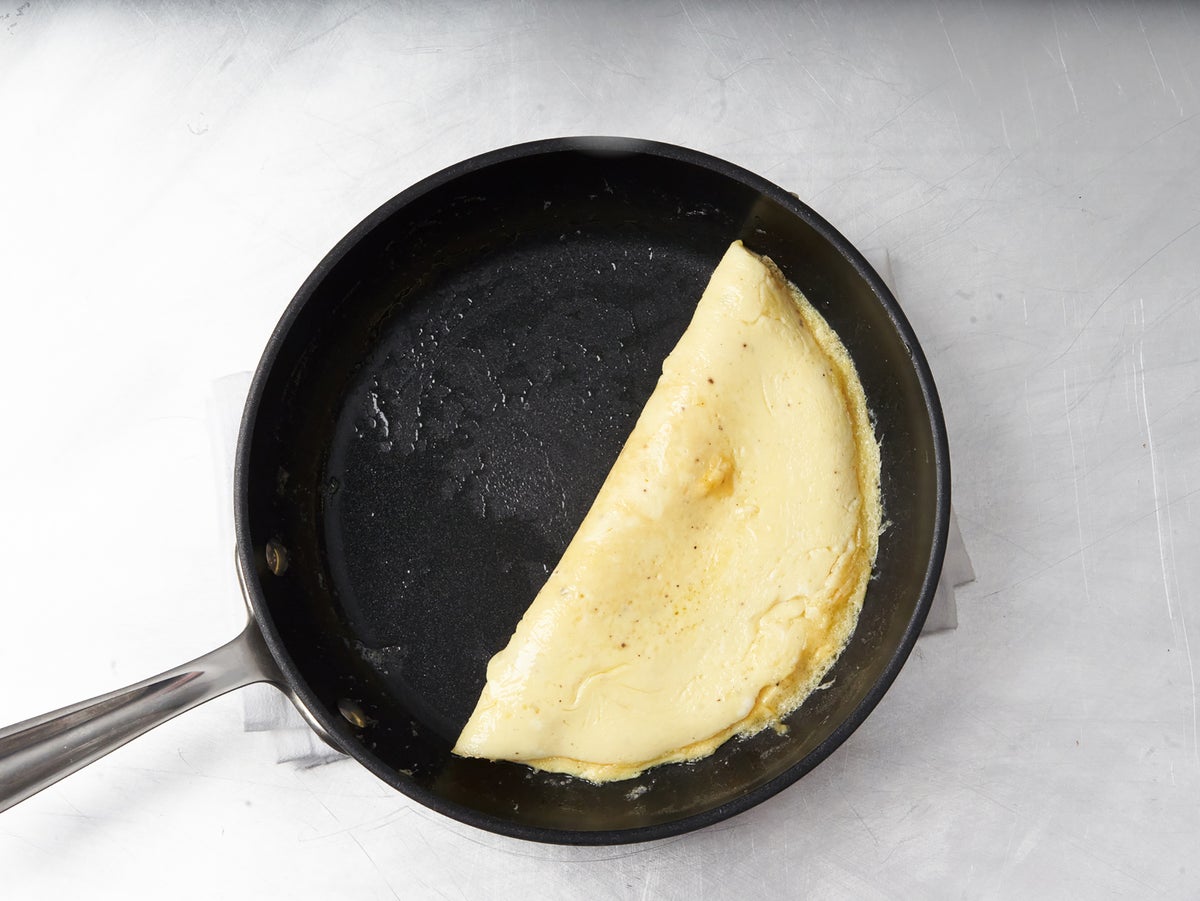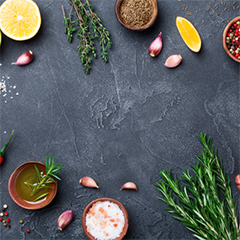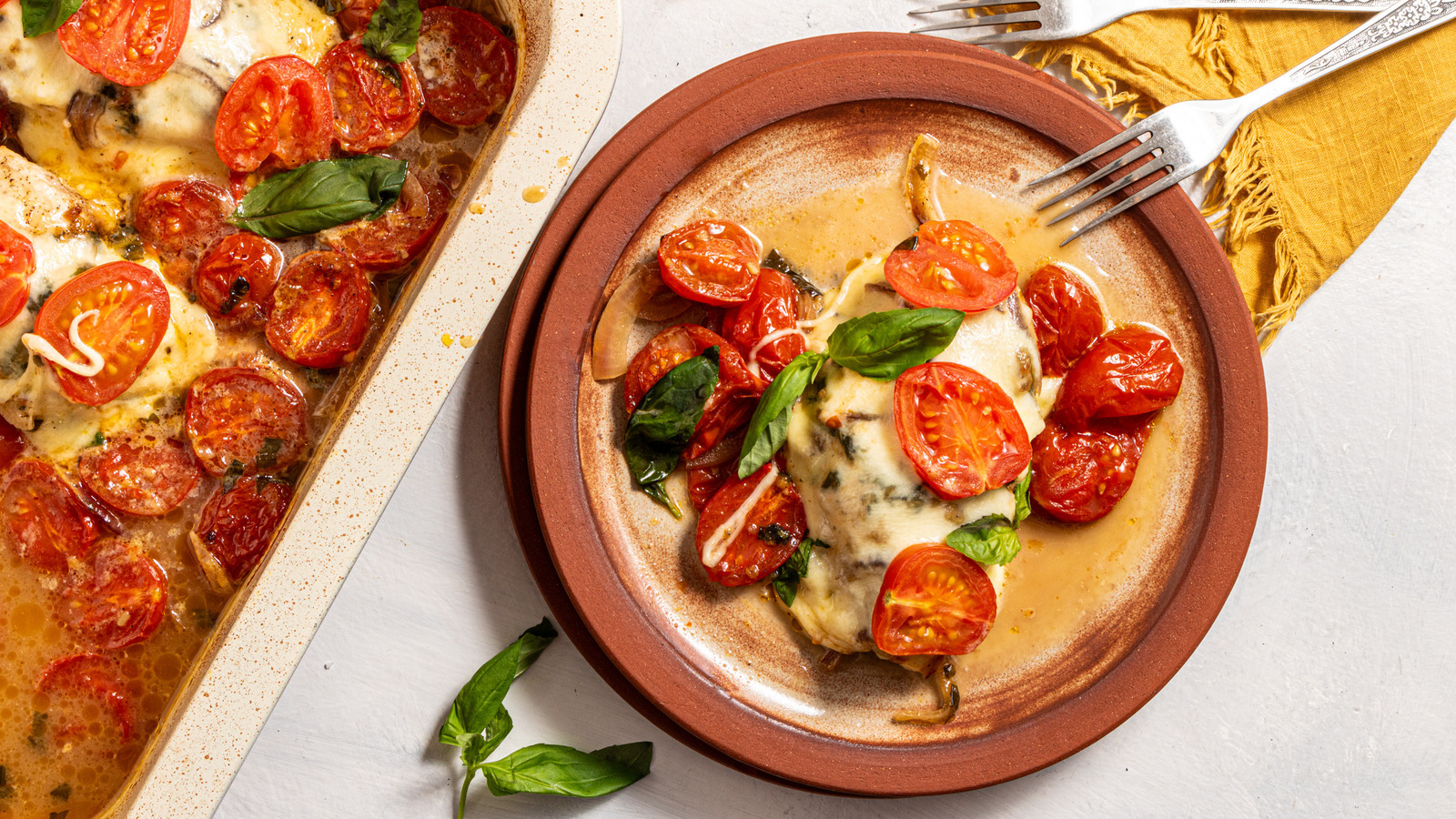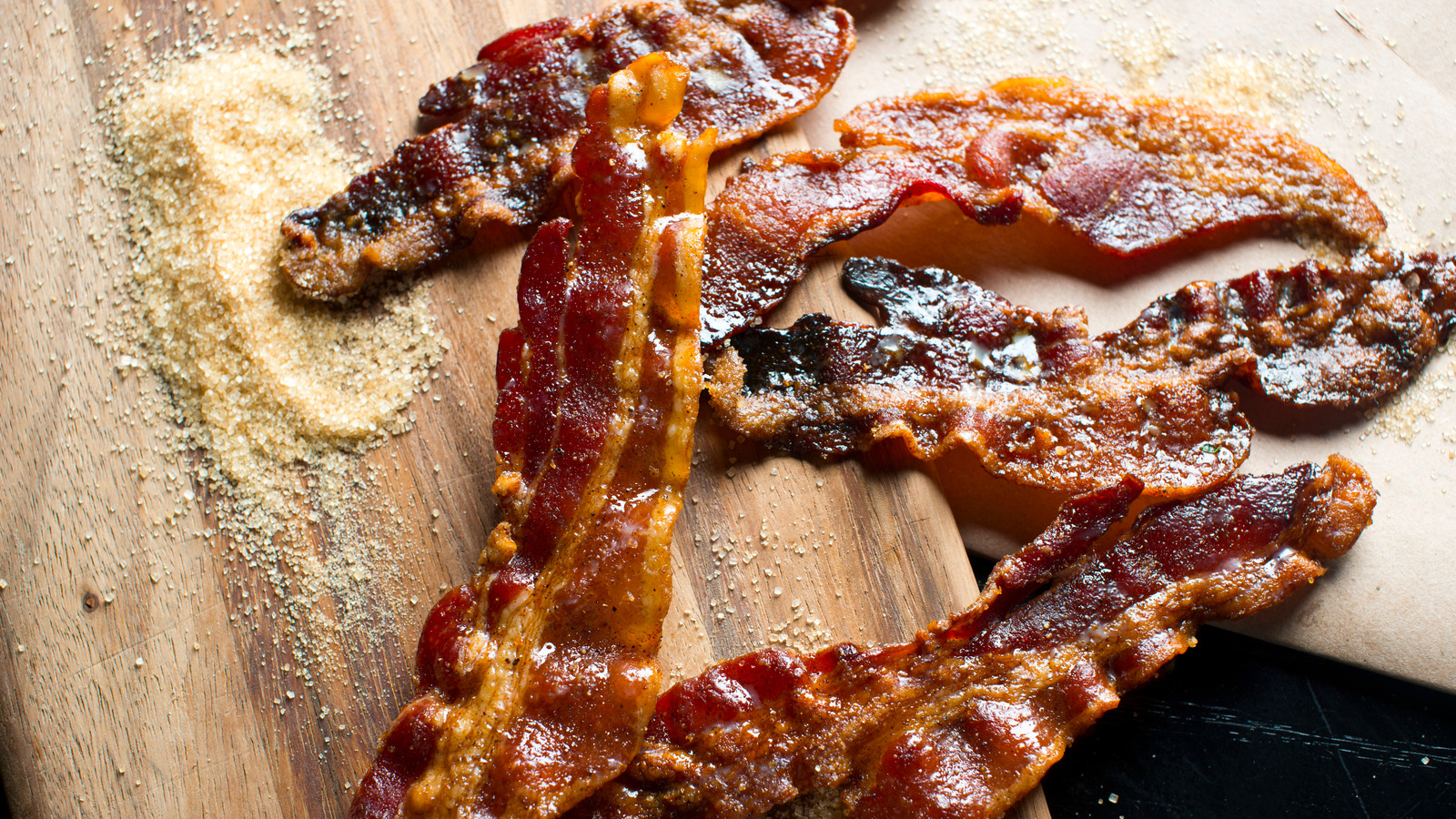How to make the perfect omelet
At hotel breakfasts, chic brunches or even in the university canteen , the omelette The resort has always struck me as the height of luxury. Omelettes also hold a revered, almost mythical position in popular and culinary culture, whether it's the hypnotic comfort of famed French chef and cookbook author Jacques Pépin demonstrating his or watching Helen Mirren's character discover happiness. of a masala omelet made by the budding chef played by Manish Dayal in The Hundred-Foot Journey.
But cooking a great omelet at home doesn't need to be shrouded in mystery. If you already feel confident with your scrambled eggs, you're almost there. In CookWise, Shirley O Corriher explains: “Basically, omelettes are glorified scrambled eggs. They start the same, then when the eggs are partially cooked but still juicy, they are folded over.
For me, that advice is exemplified by this classic folded omelet, a mash-up of recipes from chef and cookbook author Michel Roux and cookbook author J Kenji López-Alt, as well as some of my personal tweaks. Think of it as a cross between a French omelette and a dinner-style omelet. It has the smooth, creamy texture of the French version, with the folded appearance and filling versatility of what you might get at a casual restaurant. For me, it's the best of both worlds.
Here are some of the keys to its success, which can help you with your omelettes, whether you make this specific recipe or not.
Choosing the Right PanThere are two parts to this. Eggs tend to stick because, in their liquid form, they can flow into any microscopic surface imperfections, Corriher says. For this reason, I turn to my non-stick skillet. If you have a well seasoned cast iron skillet you are sure the eggs won't stick, use that by all means.
Recommended Five recipes for tomato-obsessed cooks
Five recipes for tomato-obsessed cooksThe other half of the equation is choosing the right size pan for the job. I love my new 20cm pan for individual or double omelettes. It prevents eggs from spreading too thin and overcooking. It is also very easy to maneuver. If you're looking for bigger omelets to share, consider using a 25cm for 4 or 5 eggs and going up to 30cm for 6 or more eggs.
SaltingLópez-Alt is the one who sold me salting eggs a little before the time you cook them. This gives the salt time to dissolve evenly so it can act as the most effective buffer between the egg proteins and prevent them from binding too tightly. When this happens, the moisture is pushed out and you get hard-boiled, rubbery eggs. If you forget to add salt beforehand, add it just before the eggs enter the pan. But if you plan to add the salt at the same time you start preheating the pan, you'll be golden. Speaking of preheating…
Be patient, then work fastA sufficiently preheated pan will help prevent the eggs from sticking, so the eggs start cooking as soon as they hit the pan. As Cook's Illustrated notes, preheating your pan slowly leads to more even heat throughout the pan — and gives you a bigger window to add your eggs without overcooking them. W...


At hotel breakfasts, chic brunches or even in the university canteen , the omelette The resort has always struck me as the height of luxury. Omelettes also hold a revered, almost mythical position in popular and culinary culture, whether it's the hypnotic comfort of famed French chef and cookbook author Jacques Pépin demonstrating his or watching Helen Mirren's character discover happiness. of a masala omelet made by the budding chef played by Manish Dayal in The Hundred-Foot Journey.
But cooking a great omelet at home doesn't need to be shrouded in mystery. If you already feel confident with your scrambled eggs, you're almost there. In CookWise, Shirley O Corriher explains: “Basically, omelettes are glorified scrambled eggs. They start the same, then when the eggs are partially cooked but still juicy, they are folded over.
For me, that advice is exemplified by this classic folded omelet, a mash-up of recipes from chef and cookbook author Michel Roux and cookbook author J Kenji López-Alt, as well as some of my personal tweaks. Think of it as a cross between a French omelette and a dinner-style omelet. It has the smooth, creamy texture of the French version, with the folded appearance and filling versatility of what you might get at a casual restaurant. For me, it's the best of both worlds.
Here are some of the keys to its success, which can help you with your omelettes, whether you make this specific recipe or not.
Choosing the Right PanThere are two parts to this. Eggs tend to stick because, in their liquid form, they can flow into any microscopic surface imperfections, Corriher says. For this reason, I turn to my non-stick skillet. If you have a well seasoned cast iron skillet you are sure the eggs won't stick, use that by all means.
Recommended Five recipes for tomato-obsessed cooks
Five recipes for tomato-obsessed cooksThe other half of the equation is choosing the right size pan for the job. I love my new 20cm pan for individual or double omelettes. It prevents eggs from spreading too thin and overcooking. It is also very easy to maneuver. If you're looking for bigger omelets to share, consider using a 25cm for 4 or 5 eggs and going up to 30cm for 6 or more eggs.
SaltingLópez-Alt is the one who sold me salting eggs a little before the time you cook them. This gives the salt time to dissolve evenly so it can act as the most effective buffer between the egg proteins and prevent them from binding too tightly. When this happens, the moisture is pushed out and you get hard-boiled, rubbery eggs. If you forget to add salt beforehand, add it just before the eggs enter the pan. But if you plan to add the salt at the same time you start preheating the pan, you'll be golden. Speaking of preheating…
Be patient, then work fastA sufficiently preheated pan will help prevent the eggs from sticking, so the eggs start cooking as soon as they hit the pan. As Cook's Illustrated notes, preheating your pan slowly leads to more even heat throughout the pan — and gives you a bigger window to add your eggs without overcooking them. W...
What's Your Reaction?






















